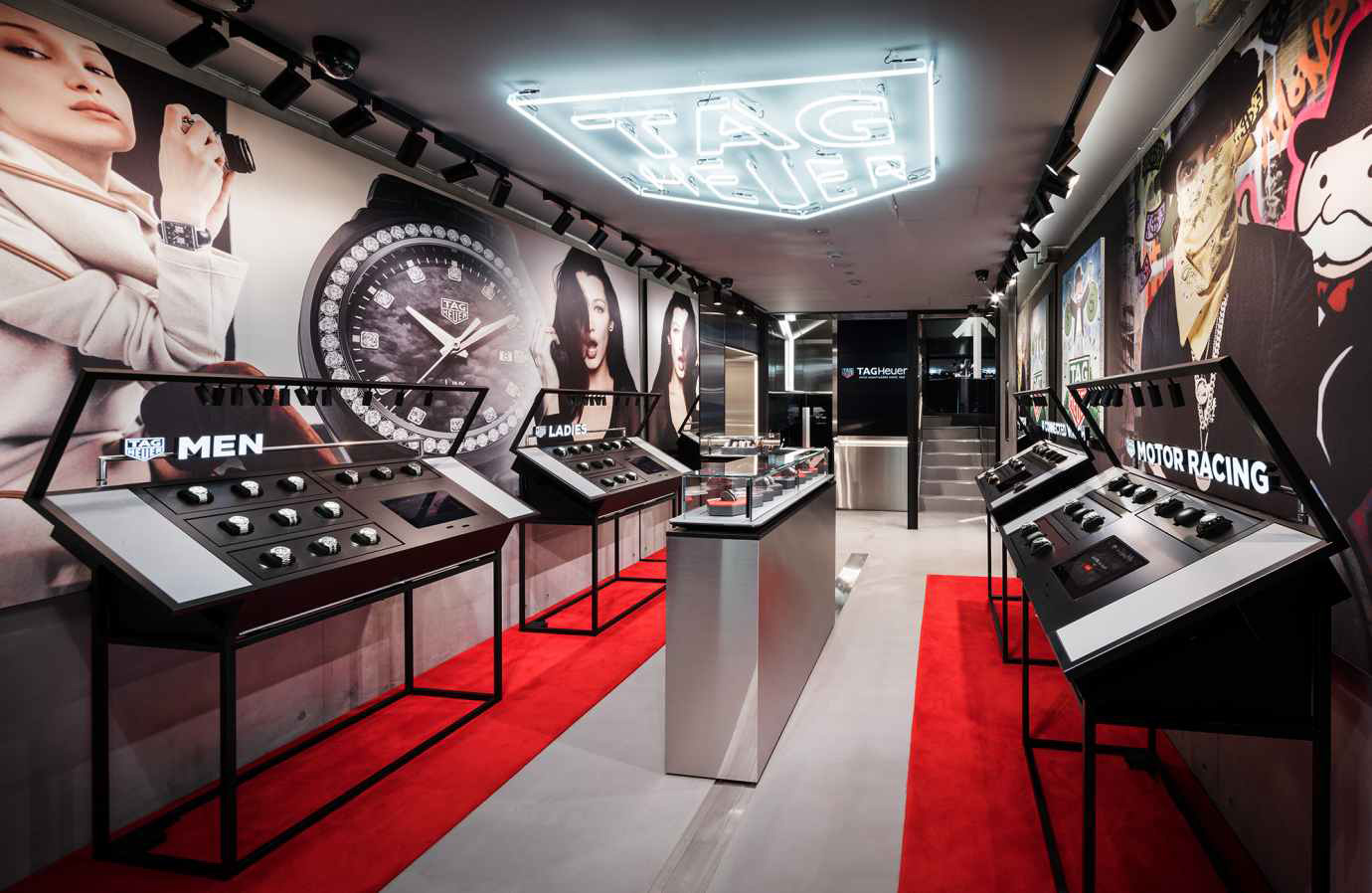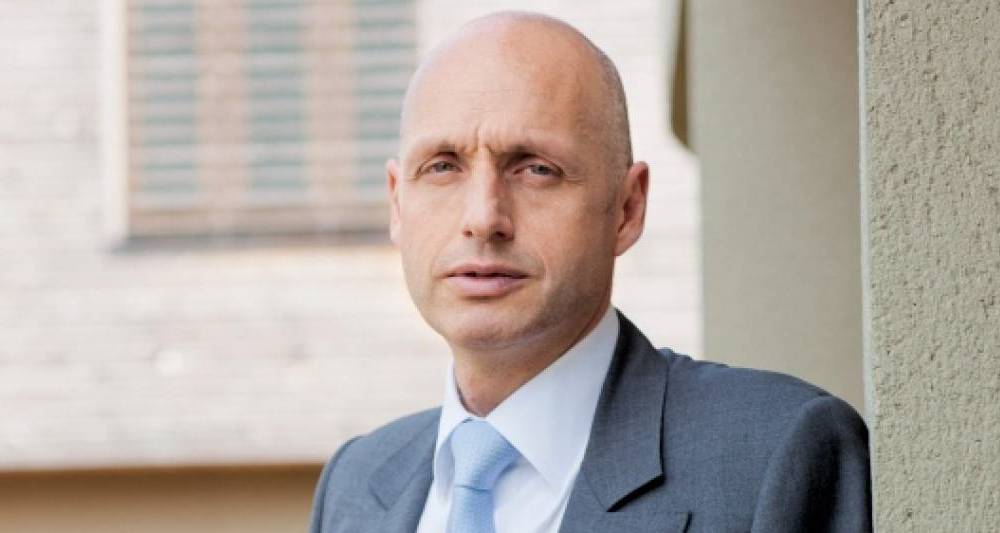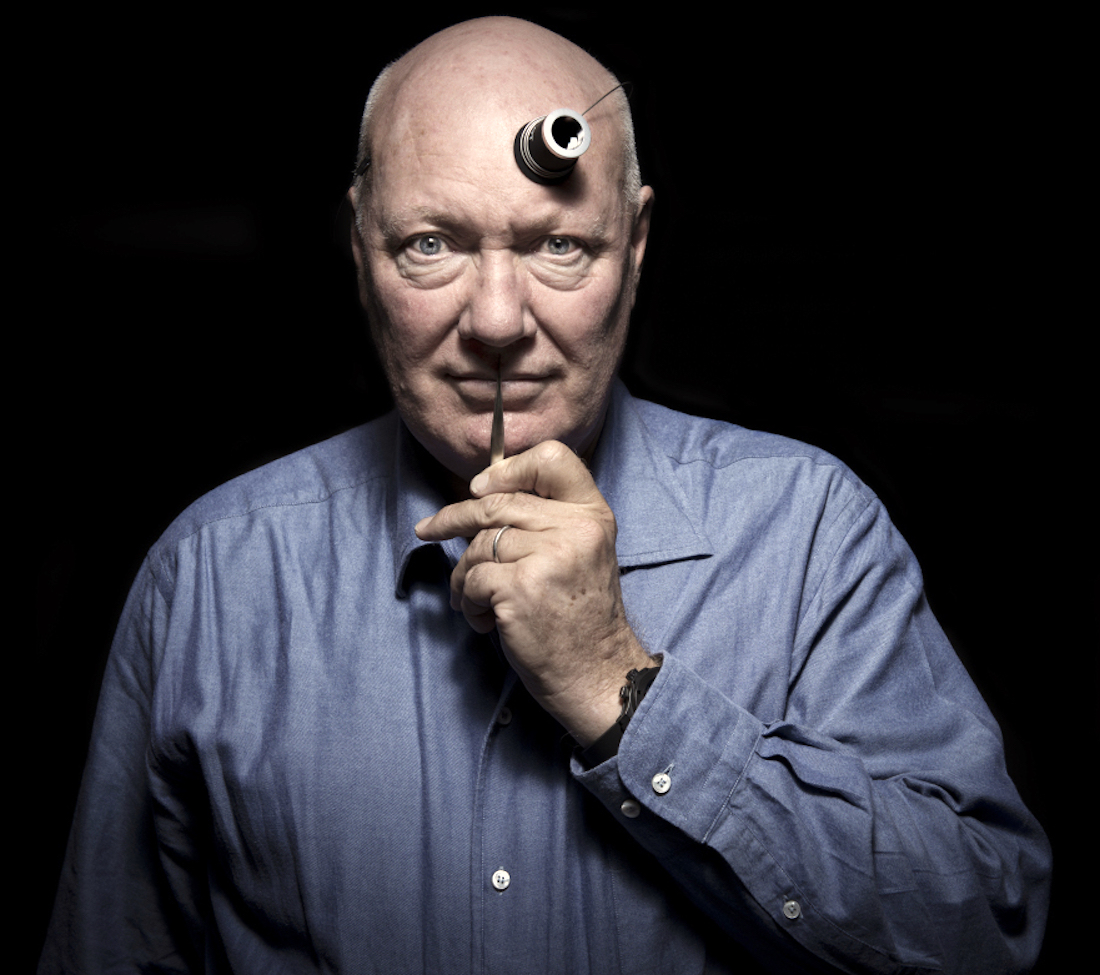Mr. Biver started in the watch industry at an early age and has experience in many positions including a lot of sales. He implicitly understood the delicate emotional dance of seducing a consumer’s fascination with a luxury timepiece product. Jean-Claude Biver was also a disciple of the late Nicolas Hayek Senior who co-founded the Swatch Group. Jean-Claude Biver worked under Mr. Hayek most notably at Omega where Jean-Claude Biver launched a number of impactful products and campaigns. After revitalizing and selling the luxury watch brand Blancpain to the Swatch Group, Jean-Claude Biver purchased and revitalized the watch brand Hublot. Jean-Claude Biver formally began his relationship with LVMH when they purchased Hublot from him in 2008 and stayed on at the group for the last 10 years. All of this is to suggest his broad experience and the range of roles he has played in the watch industry. Jean-Claude Biver also likes to point out that he is a watch product lover – and does not like the idea of people running watch brands who themselves don’t appreciate watchmaking.
In many ways, Stéphane Bianchi is the opposite of Jean-Claude Biver. For example, Biver is well-known for being digitally connected and very accessible. On LinkedIn, Stéphane Bianchi has but one connection at the time of writing and only includes Yves Rocher for his career history. He left in 2015 to work for the Maus Group – which owns a few clothing brands including Lacoste and Gant. He now joins LVMH and the watch industry as a newcomer – in some ways, a total newcomer. So, with Mr. Biver the watch industry had a mouthpiece, a maven, and a master of moments. Mr. Bianchi may very well turn out to be excellent, but he is comparatively quiet and demure by comparison.

Why did LVMH and Jean-Claude Biver choose someone like Stéphane Bianchi to take on the job? On the surface, the decision looks ill-conceived. Why hire someone who only has tangential experience and nothing related to something like mens’ (or womens’) watches? My theory is that Stéphane Bianchi was not hired for his experience with watches nor his creative abilities. I believe he is someone who has relevant managerial experience, understands the corporate culture having worked for family-run, albeit public companies, and who is someone that can be molded. This latter consideration might be Jean-Claude Biver’s big bet. Can he train someone to replace him that will continue to execute his ideas?
Jean-Claude Biver’s legacy may very well be lengthened if Stéphane Bianchi performs nicely as a division and brand manager, as well as a student. The key to running a watch brand effectively is to battle various different fronts effectively and at the same time. Satisfying changing consumer tastes and the relentless need to communicate through marketing is where most watch managers fail. Though creative souls adept at crafting desirable products, many have left disorganized messes in their wake, as reported by finance and administrative people. Jean-Claude Biver is no doubt aware of what hiring a mere bean counter or “yes man” will do to the brand’s consumer appeal, but he also understands that people with big ideas can also often carry big egos.
Stéphane Bianchi has both consultant and management experience. That means he can be both a liaison as well as an executive who understands the deadlines and responsibilities of a company. I am pretty sure that Stéphane Bianchi’s role isn’t to lead creative decisions, but rather to ensure a viable business environment that can foster and execute creative decisions probably made by others. A missing element of the vast majority of even the best watch brands today is a creative director. Much of the time, CEOs in the watch industry are also asked to be artists. Few people have the personalities to do everything, and they really shouldn’t be expected to. Really, the only type of role which can replace what Jean-Claude Biver can offer is a creative director with the will to remain at TAG Heuer for at least as long as Stéphane Bianchi remained at Yves Rocher (a period of 17 years).

At TAG Heuer, Mr. Bianchi will have not only Jean-Claude Biver to consult with on a regular basis, but also the son of the LVMH Group Chairman who will be heading strategy and digital direction at the brand. European watch makers are notorious for having vague titles, so in reality, it is in’t exactly clear what Frederic’s role will be. With that said, the fact that the LVMH announcement made sure to include mention of him is probably a sign that he will have a good amount of executive authority. My theory is that Mr. Bianchi will be there to guide him and serve to create a working framework around Frederic’s ideas for what marketing direction the TAG Heuer brand should go.
Is this a risky move by LVMH? Certainly. One perspective that some will no doubt take is that LVMH is guilty of both misunderstanding the needs of its own brands as well as nepotism. Misunderstanding, in the sense they they appointed someone with little on-point relevant experience for such a major role, and next that the group leader’s young son has been given so much authority at a company whose performance will affect many people’s lives. I see the situation a bit differently. Jean-Claude Biver has long since wanted to be tapped for his mentoring skills and now trades a tiring travel schedule for a crop of students. Mr. Bianchi and Mr. Arnault will no doubt be carefully guided by Mr. Biver for the foreseeable future. If successful in his training, Mr. Biver will have his professional legacy continued where he left off at LVMH and TAG Heuer. What do you think?


